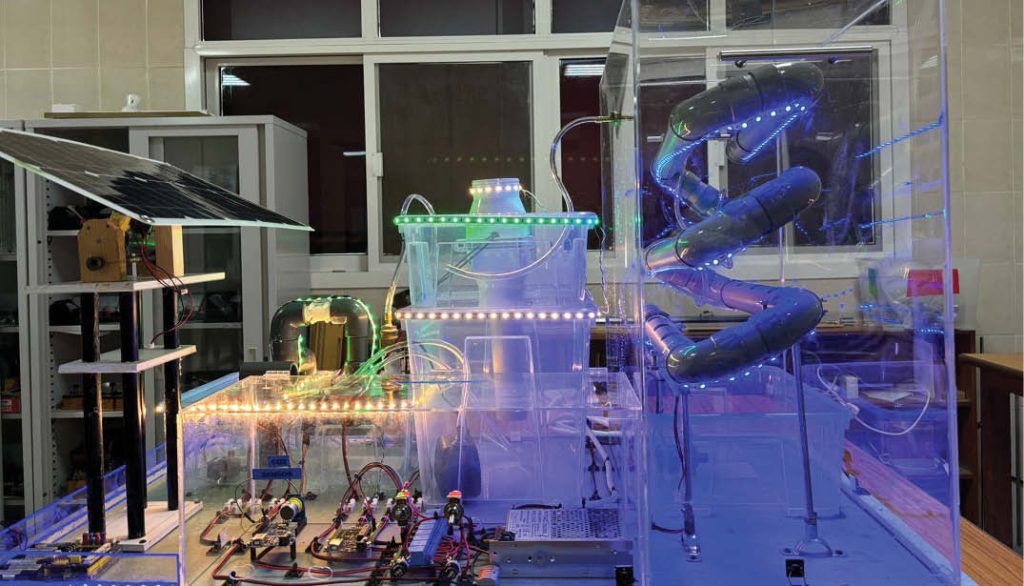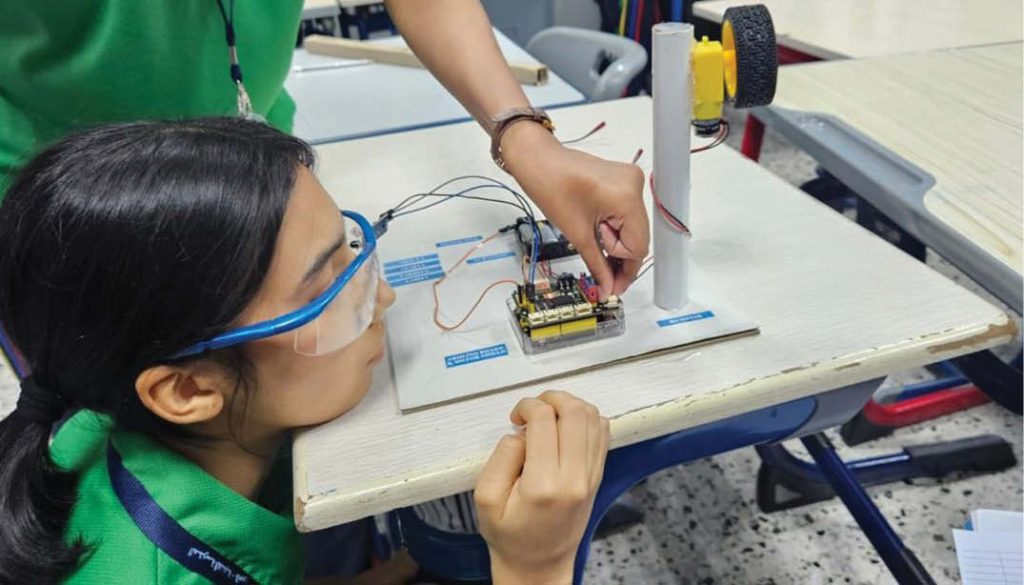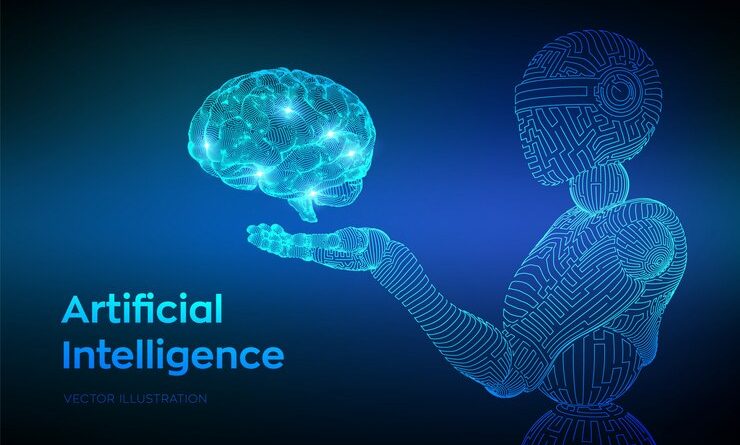Artificial Intelligence: A Boon or A Bane?

By Aparna Anil Nair. Grade 12 Student at Indian School of Al Ain
Artificial intelligence has become today’s new buzzword, with AI making its presence felt in every field we turn to. Whether it is for completing our homework using our saviour ChatGPT or utilising machine learning models to predict our future, AI is revolutionising our lives. This revolution can be seen as making human lives easier, or in other words, making us lazier. But while we reap the benefits of AI, a debate lingers: will AI take over humanity? These debates may have originated from sci-fi movies and comics, where we see robots taking over the world. But if you ask a computer science student like me, the answer would be an absolute no. Let me explain why by looking at what AI actually is and its capabilities.
When we say AI, we don’t just refer to human-like robots or personal assistants like Siri or Alexa. We refer to systems that can perform tasks by thinking and learning like humans. The AI that currently exists belongs to a category known as narrow AI, which is designed to do specific tasks that they are taught to. There are two other theoretical categories of AI: General AI and Super Intelligent AI. General AI refers to systems that are exactly like human beings, meaning they can talk, think, and learn like humans, with emotions and feelings. Super Intelligent AI goes a step further, where AI systems are more capable than humans in every aspect.
Now you may be wondering, if General AI and Super Intelligent AI exist, won’t AI be able to take over humanity? Well, the fact is, neither of these types of AI exists in the present, and whether they will exist in the future remains uncertain. Many scientists claim that the chances of their discovery are minimal. If you ask me, I do not think that they could be discovered, because every AI system existing now is controlled by humans. Every code or program that AI follows is written by humans, and AI is not capable of doing anything beyond what it is told.
On the other hand, AI systems prove to be beneficial in many ways. Today, every industry is looking to integrate AI into their respective fields. AI diagnostics, autonomous vehicles, fraud detection, advanced robotics, personalised recommendations, personal assistants, and chatbots are just a few among the hundreds of thousands of AI applications. Knowing how to code can prove to be helpful as you could create AI models yourself.
I have also had the chance to work and create AI models myself. One of them was a vehicle accident control system that could detect driver fatigue and stop the car immediately to prevent an accident and ring a buzzer to wake up the driver. This was done using a simple Arduino circuit. Another project I worked on was a Carbon Capture model that could capture atmospheric carbon dioxide to be utilized by plants for photosynthesis. The role of AI here was that it was completely automated. The device would only start working when the atmospheric pollution level was high. Along with this device, I also coded a machine learning prediction model that could predict the future level of CO2 for a year entered by the user.
So you see, AI is more of a superhero than a villain. While the idea of robots taking over the world makes for exciting movies and stories, in real life, AI is here to help us, not hurt us. Imagine having a robot friend who can do your chores, help you with homework, and even keep you safe! The possibilities are endless and amazing. So, let’s embrace the wonders of AI and use it to make our world a better and more exciting place. Who knows, maybe one day you’ll be the one creating the next great AI invention!






